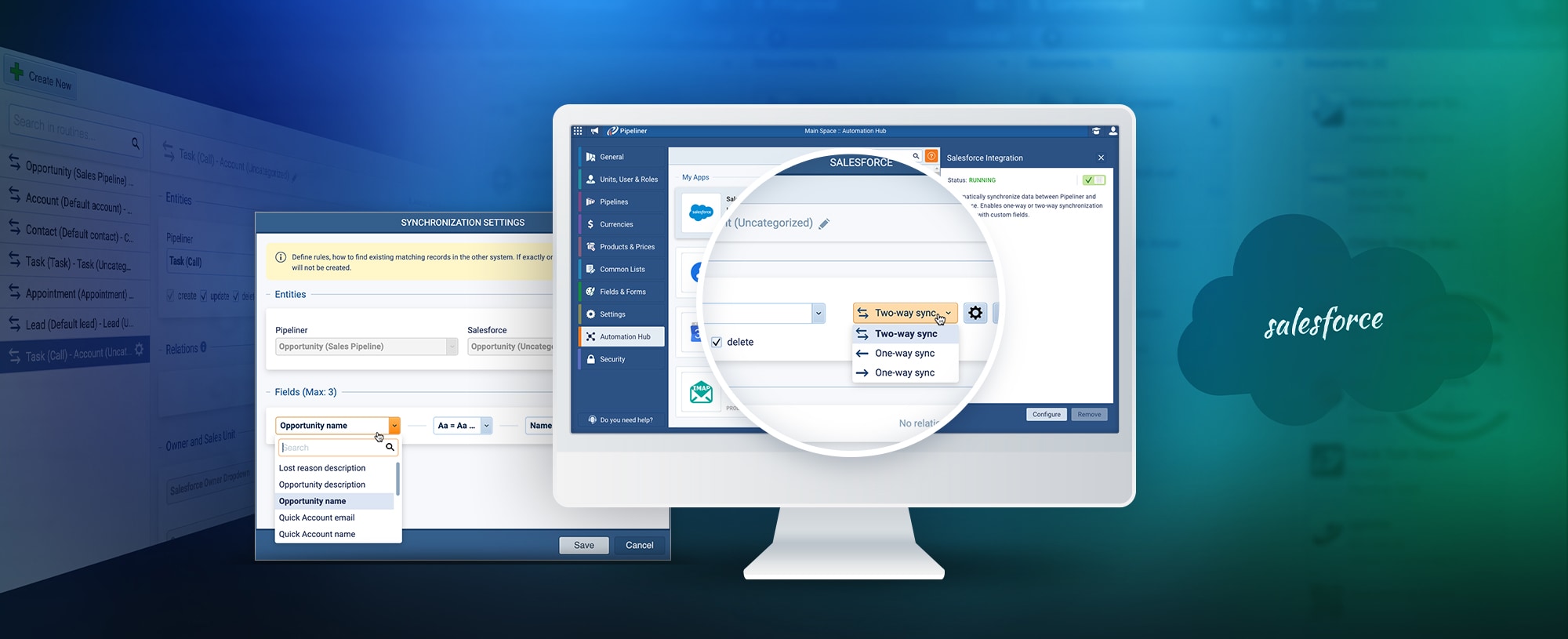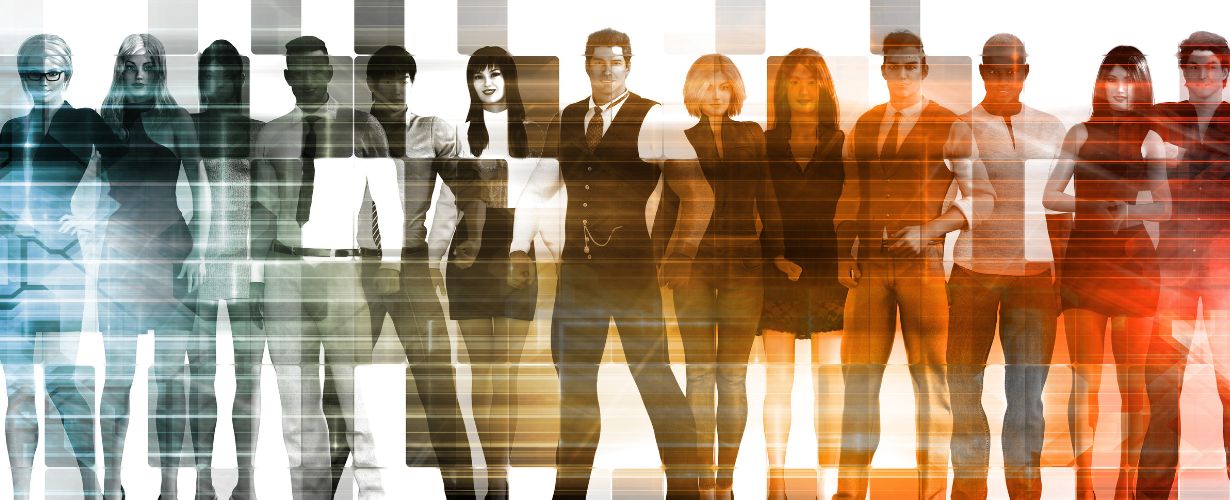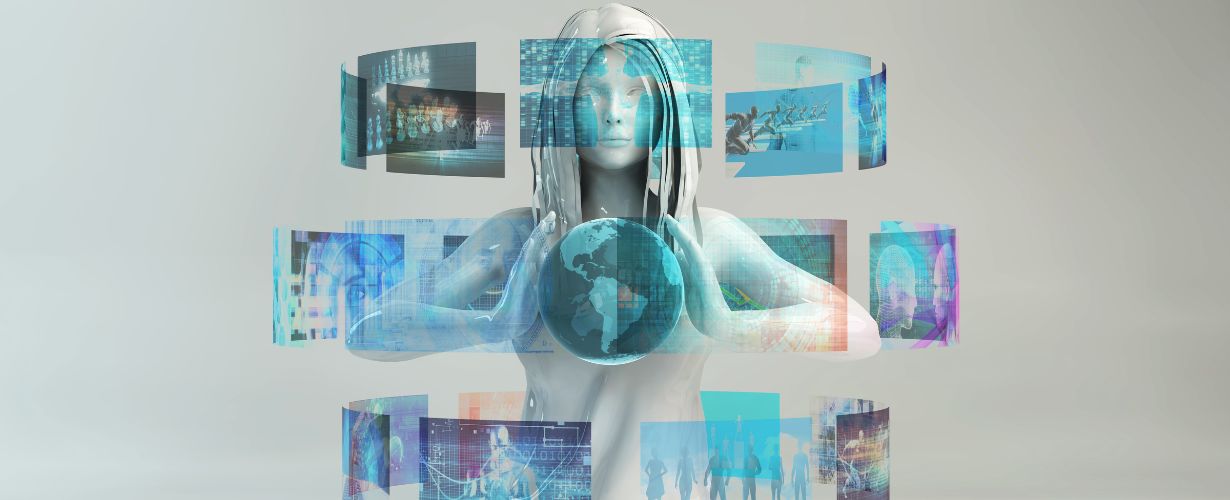Many times we have touched on the contrary views about salespeople. Sometimes they are loved, but often they are seen as pushy, unfriendly, and greedy. This negative connotation is often seen in movies and media. A prominent example is the movie Glengarry Glen Ross, in which the salespeople are portrayed as obnoxious, conniving, cheating, and constantly complaining about their leads.
Fearing Change
Artificial intelligence is quite similar in its views and portrayals. The positive views include all that AI could potentially do for us. The negative views come mainly from fear—many people are afraid of what AI might bring us.
Rapid and exponential change is being created through AI. We are realizing that we as individuals, communities, cities, and industries will also have to change. But change is also often feared.
AI’s existence within a black box—and being therefore uncontrollable—is one fear. There are so many unknowns about where it might go—for example, maybe one day the cyborgs will become real and take over.
Are developers more interested in the power AI could have for machines than in how it might aid humanity? This is yet another fear.
A monumental concern is that AI will replace people in their jobs. There is an element of truth in this—one example is the function of paralegals. In the future, AI will perform this function much better than humans because it can conduct and compile research much faster. Paralegals would do well to start training for a different line of work.
Fear is generally found to be irrational. On the positive side, there are also unrealistic expectations about what AI can do for us. On both counts, I want to stay within the realm of what we can currently expect from AI.
Speed of Innovation
I pointed out some 15 years ago, in my book The IT Revolution, that the technical revolution was constantly accelerating. This is still true today. The cause of that speed, then and now, is the ever-increasing number of programmers involved in technological innovation. There’s a difference between thousands and millions of people involved.
An interesting comment I recently read said that back in the 1980s, most top programmers would have fit into a single room. Today, over a hundred million programmers are using the GitHub platform alone. In addition, there are millions of others working on AI development. That means hundreds of millions of people are constantly innovating in this industry.
The Movement Analogy
We can see how far we have come by taking a movement analogy.
The last few hundred years have been focused on increasing the speed of moving our bodies. The first great leap was the railroad. The next was the automobile. Then came airplanes, and now we’ve moved on to rockets. In the 18th century, traveling from Vienna to Rome by foot, horse, or carriage could take weeks or even months. Now that trip can be made in 1 hour and 20 minutes by airplane. We have certainly succeeded in moving bodies.
In my opinion, we have reached the point today at which our minds are being moved. That is where artificial intelligence is taking us.
One of my first technological experiences occurred in this area. In the 1980s, I brought Apple computers to European universities, focusing on medical schools. One particular professor in a cardiology department was very enthusiastic about computers, and I set up a computer in one room and connected it via PhoneNET to another computer in another room. I was in the first room, and the professor was in the other. I sent a single file over the network from one computer to the other and told the professor, “Yell when the file has arrived!” He did, and it was an exhilarating moment.
Shortly AI will have access to nearly every file worldwide. Projects are underway to digitize all books, all documents, all works of art and music. Everything that can be digitized will be. When many of us were young, we researched in a physical library. Before Wikipedia and the Internet, we had to sift through books to find the information we wanted. Today, all knowledge can be digitized and accessible right at our fingertips.
Our bodies move at lighting speed, and so now do our minds. This movement means there will be innovation of incredible solutions. It will no longer be predictable what humans will program.
Cooperating and Collaborating
Innovation speed today is being hampered by distance between individuals in collaboration. None of the major challenges facing our world can be solved by a single person. Every problem we face in the future will require collaboration and cooperation.
Three examples that urgently call for this kind of approach are:
- Immigration Worldwide Taking the example of Europe, would one country be able to solve the immigration issue? Even if the European Union got together and dictated immigration rules, the rules would be meaningless if Libya, Morocco, Egypt, or Turkey didn’t follow them. Of course, immigration is also a problem in the USA, Africa and Asia.
- Global Healthcare From the COVID pandemic we have, in a very short time, grasped the enormity of our healthcare crisis. During COVID, we were practically in prison, or some moved to Sweden and were free. This issue also requires intense cooperation and collaboration.
- Tackling the Environment While some countries such as China, India and others refuse to employ sustainable environmental practices, no solutions will be forthcoming. Clouds that bring vital rainfall do not stop at the borders of uncooperative nations and refuse to bring rain to them.
AI Employment
Cooperation and coordination are urgently needed to solve these and all other significant issues. I suggest that artificial intelligence could produce far more efficient decision-making processes and solutions than we as individuals could even imagine. This is because AI has access to all the dataData Data is a set of quantitative and qualitative facts that can be used as reference or inputs for computations, analyses, descriptions, predictions, reasoning and planning.. This data includes all the empirical papers, documentation, and studies from universities around the world. For the first time in history, these can be accessed and used where needed without emotional attachment or bias because technology has none.
As greater amounts of knowledge become available to artificial intelligence, biases involved in important decision-making processes can be reduced and, finally, eliminated. For example, in an international conference, every country has different interests. AI could help us solve many of the problems we face in the future with an unbiased global perspective.
Positive Focus
I truly believe we should pay more attention to AI’s positives as opposed to negatives. We are a long, long way from artificial intelligence taking over the world. It’s far more realistic to focus on the current positive benefits that AI can provide.
Regulations will be needed, of course, as AI is evolved. Just to go back to moving bodies, we have many regulations for all industries that involve flying or driving. It must be the same for AI in the future.
Let us keep focus on the positive!





